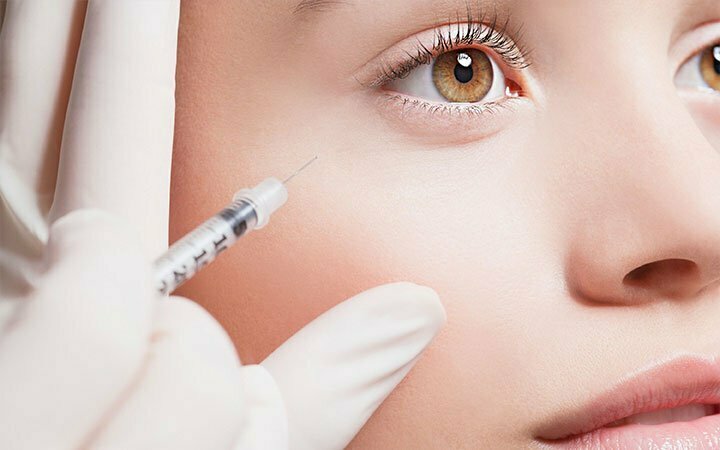Botox is an anti-aging injectable drug made from the toxin, botulinum. It’s one of the most common cosmetic procedures done today.
Injected in small, targeted doses, Botox is designed to paralyze or weaken muscles, reduce skin wrinkles, and even help treat certain medical conditions.
Even though more than 7.4 million injectable treatments are performed every year, few people know what Botox is actually made of and how it works.
A Short History of Botox
Botox was discovered by Emile Pierre van Ermengem, a Belgian scientist. This discovery was made during an outbreak of botulism—an illness that attacks the nerves of the body and causes muscle paralysis, difficulty in breathing, and even death—in his country.
Although scientists tried to isolate the botulinum toxin in 1920, it wasn’t until 20 years later when Dr. Edward Schantz was finally able to isolate the toxin in crystalline form.
Historically, Botox is the first microbial injection used to treat a medical condition. Dr. Alan Scott originally intended to use Botox to treat strabismus, an eye condition where the eyes don’t line up with each other. It’s more commonly known as crossed eyes. At the time, the treatment was known as Oculinum.
During the animal testing phase, however, the researchers saw that the toxin significantly reduced the appearance of wrinkles in the glabella, which is the area between the eyebrows.
The toxin eventually proved to be effective in treating strabismus. In 1991, an American pharmaceutical company known as Allergan purchased the license for the toxin and branded it as Botox. In the following years, Botox received FDA approval for use as treatment in the following conditions:
- 1989: Blepharospasm (or the involuntary movement of the eyelids), strabismus
- 2000: Cervical dystonia
- 2002: Glabellar lines
- 2004: Axillary hyperhidrosis (or excessive sweating)
- 2010: Upper lip spasticity, chronic migraine
- 2011: Urinary incontinence
- 2013: Lateral canthal lines (or crow’s feet)
- 2017: Forehead lines
What is Botox Made Of?
OnabotulinumtoxinA is the non-branded, scientific name for Botox. It’s one of the seven strains produced from the bacterium Clostridium botulinum.
Botox is considered prescription medicine and contains minuscule quantities of the toxin protein that was refined from Clostridium botulinum. In fact, less than 1 gram of the protein is needed to produce the world’s Botox supply for the entire year.
How Does Botox Work?
Once Botox is injected into the muscle, it spreads through the nerve terminal and binds. The protein inhibits the release of a neurotransmitter called acetylcholine, which is responsible for muscle activity and contraction. Essentially, Botox works by targeted or site-specific paralysis. This paralyzing effect is what stops spasms and smoothes wrinkles.
Botox also helps with alleviating pain and inflammation as the protein interferes with the release of glutamine and substance P, the primary neurotransmitters associated with the feeling of pain.
Does Botox Have Side Effects?
Botox injections are very safe, however, some minor side effects can occur. These can include the following:
- Bruising, swelling, or pain at the injection site
- Muscle weakness and discomfort
- Headaches
- Chills
- Fever
These side effects are generally temporary and should disappear in a matter of days.
Nevertheless, for anyone who’s considering getting the treatment, it’s important to speak with a licensed professional who can explain in-depth what they’re getting into and whether or not the benefits outweigh the risks of the treatment.
Contact Us for a Consultation
Botox has both medical and cosmetic uses. It’s been proven effective in treating certain medical conditions as well as reducing the appearance of wrinkles and facial lines. If you’re considering getting Botox, make sure that you’re working with a licensed and experienced professional. They’ll help you understand the treatment process and the recovery period.
They’ll also answer any questions you may have, including the risks and benefits of the procedure.
If you’re in the MN area and you’re curious to learn more about Botox, contact us today. We’re happy to answer your questions!


